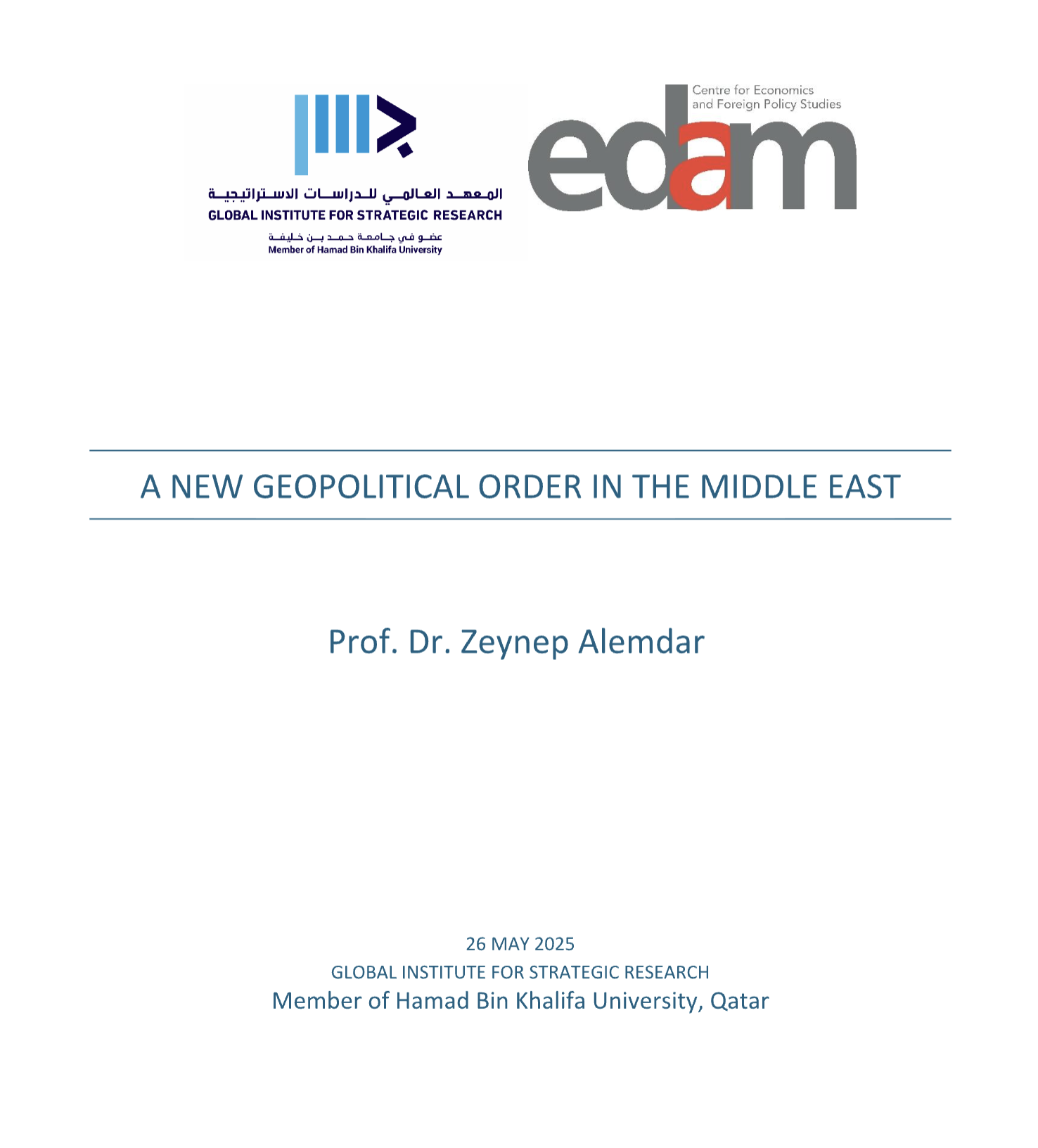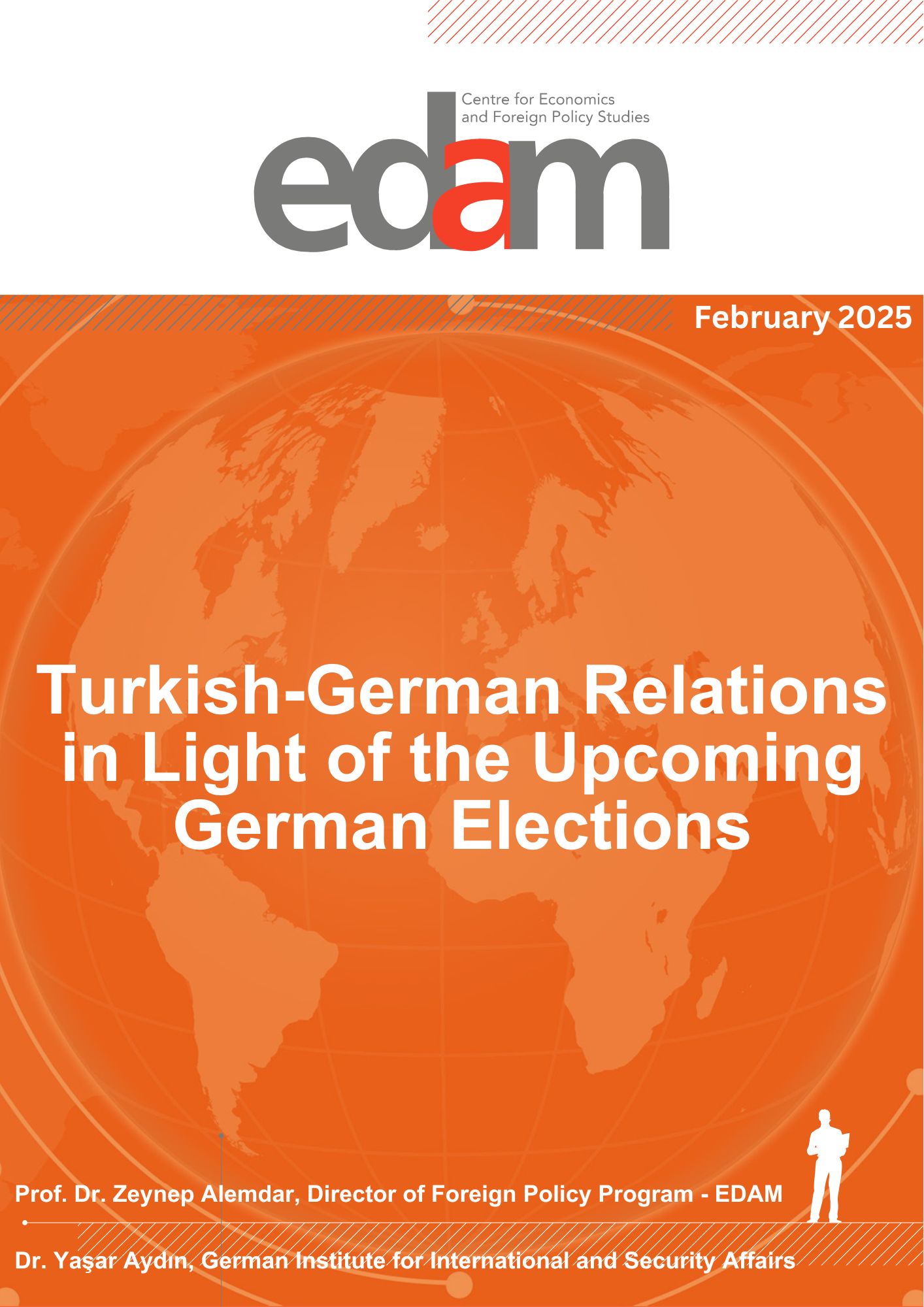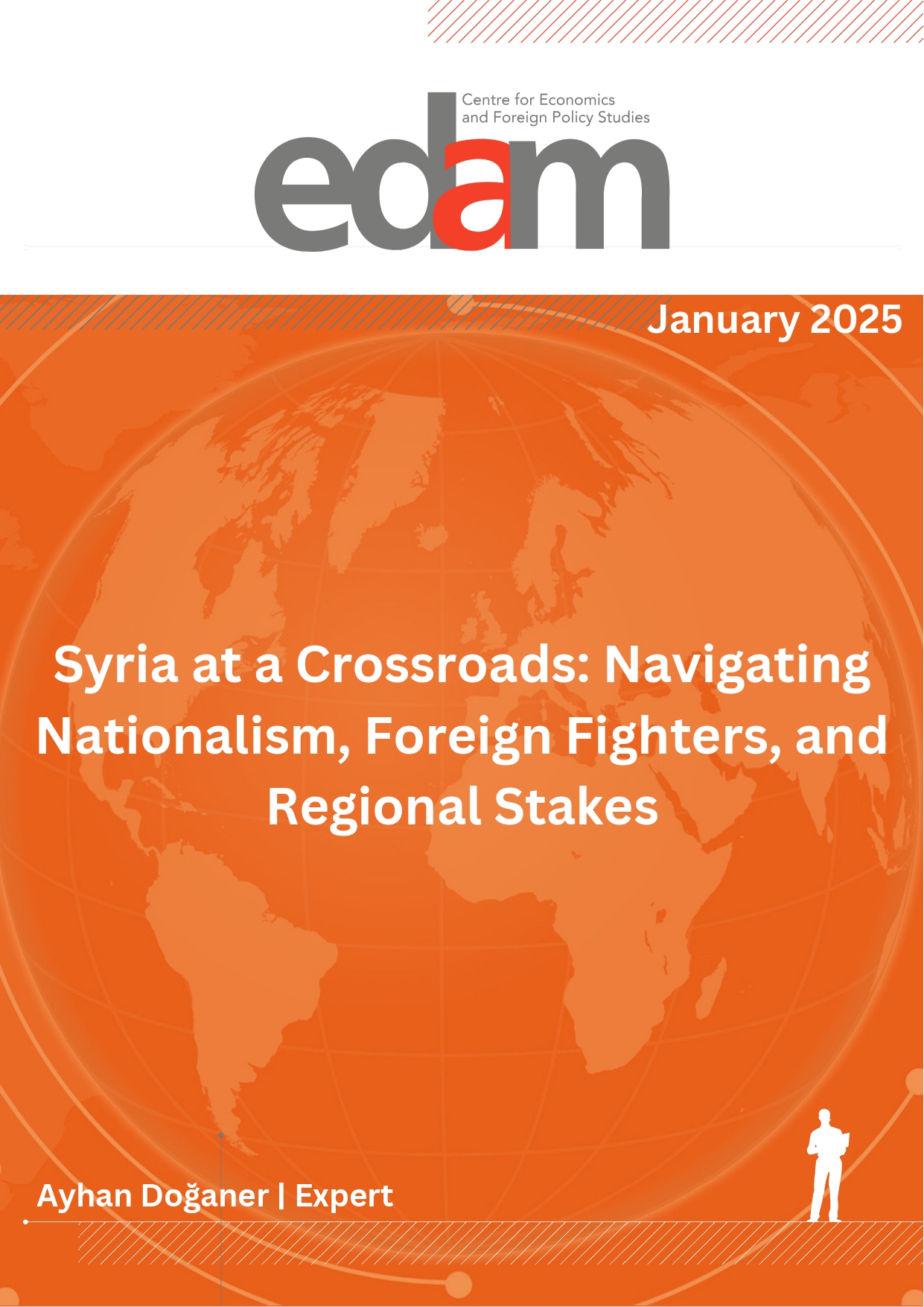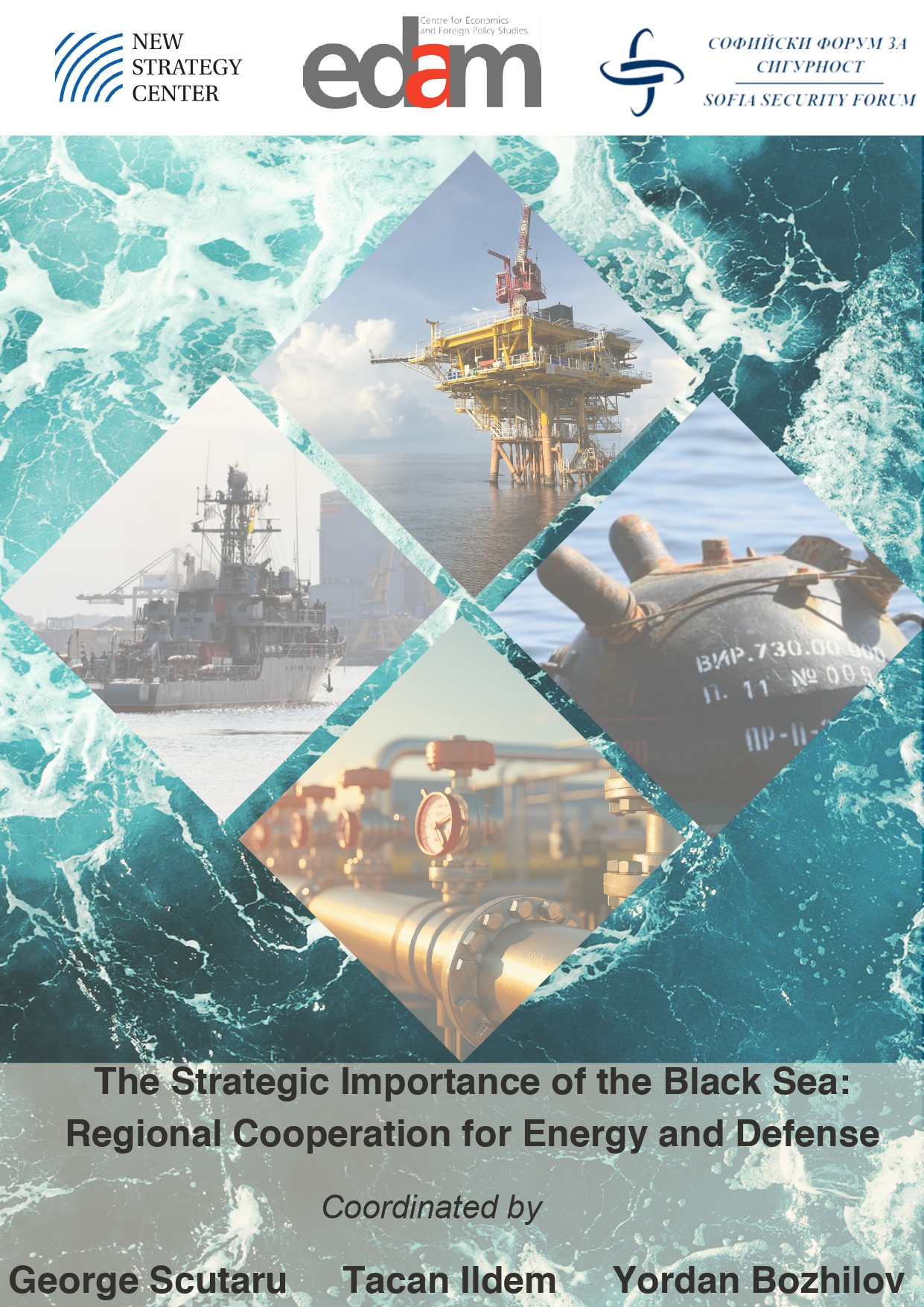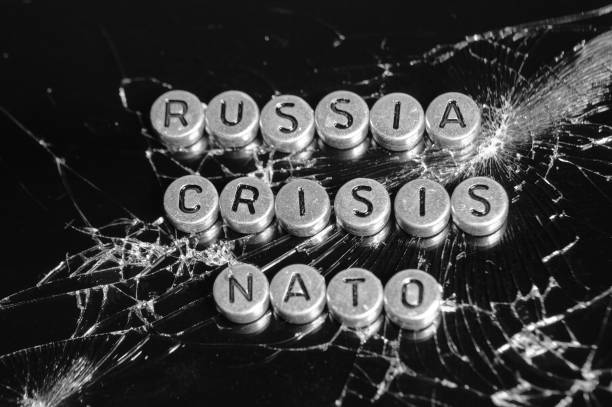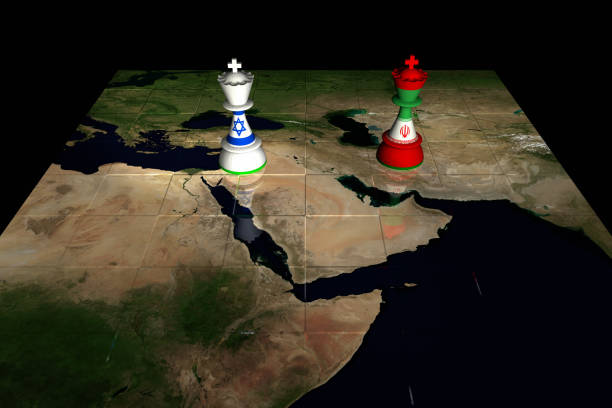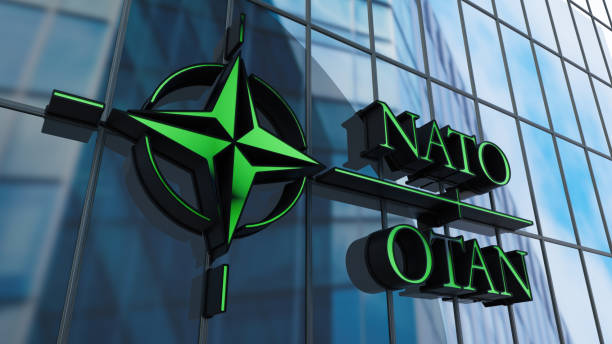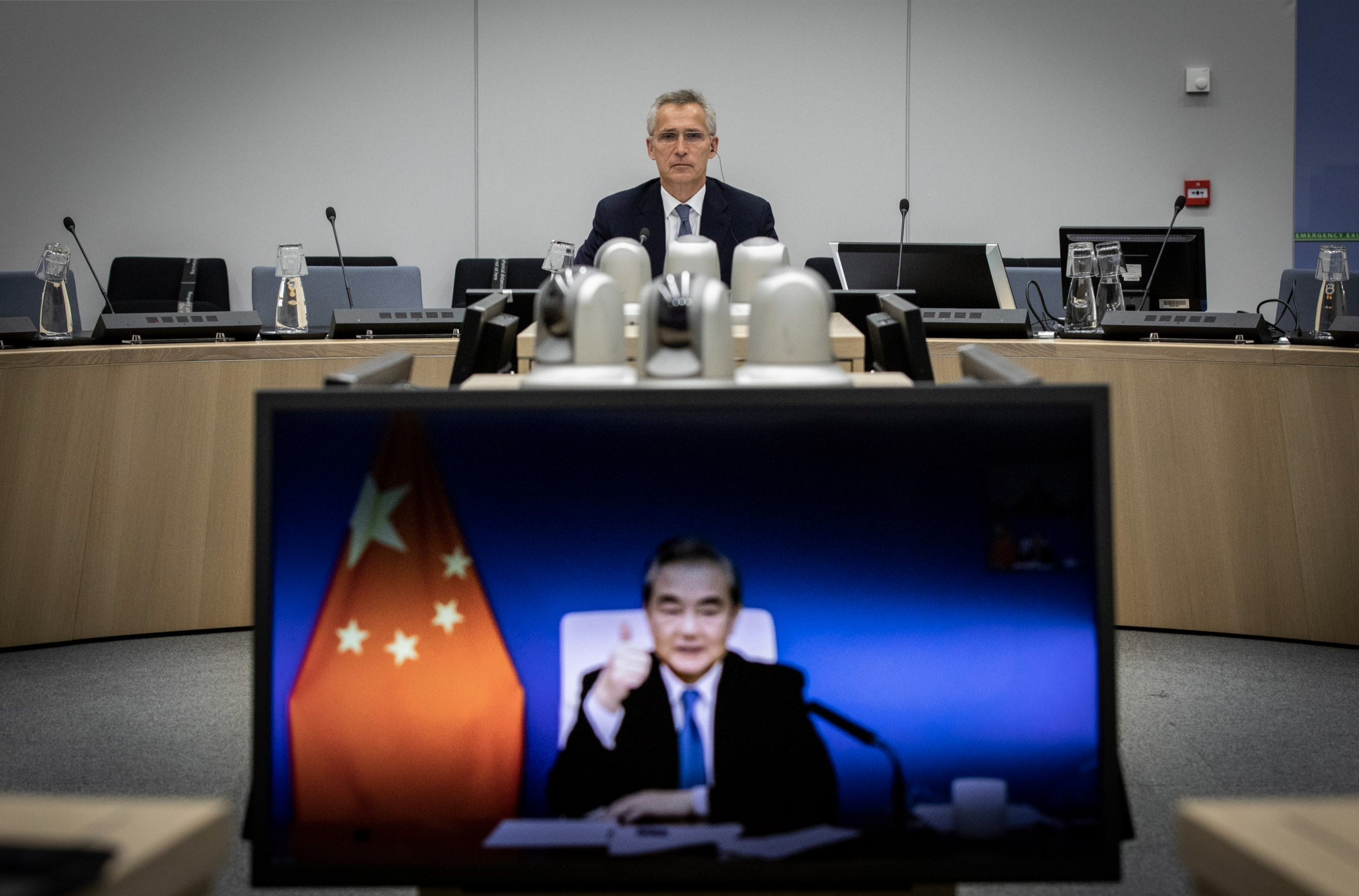
Ebbs and Tides in NATO-China Relations
The rising Chinese power with its global reach is expanding gradually to the European continent, and NATO territory itself. It is widely perceived that with its ever-strengthening authoritarian tendencies and strategic ideological goals China poses serious challenges to Western democratic societies in different domains, including security. China aspires to become the world leader in artificial intelligence by 2030 and the world’s superpower with its economic heft and military might by 2049. On the other hand, China is investing on advanced technological assets and acquiring key infrastructures through the Belt and Road Initiative (BRI) in Europe, also with the aim of promoting its political influence. Therefore, China can no longer be treated as a rising economic power located in a distant geography with its purely regional security role. Its presence is felt more and more not only in the European continent, including in areas like the Arctic and the Mediterranean Sea, but in a gradually increased fashion also in the Middle East and North Africa (MENA) region with potential consequences for NATO’s southern neighbourhood as well.
Given the increasing systemic geopolitical competition among the U.S., Russia, and China, it may sound anathematic to many to focus on untapped potentials inherent in the evolution of NATO-China relations. But this should be seen as essential at a time when the going gets rough.
